Meet Nanny Manda
/This spunky nanny has an Instagram video of herself dancing to the noise of power tools.
It’s apparent upon meeting Manda that she’s the kind of person who finds music and movement in everything she does.
We caught up with Nanny Manda and her pup, Meeku. Manda moved to Brisbane from Adelaide earlier this year, and we had the pleasure of matching her with a down-to-earth family with two minis.
We talk about how she got into nannying, the importance of communication with parents, and what it’s like to be a children’s entertainer.
How did you get into nannying?
I’ve always looked after children ever since I was old enough to do so. I helped bring up my younger brothers and taught dance—nannying seemed like the obvious thing for me.
How did you come across Mini Nanny Agency and Michelle?
I found Mini online. I was looking for a nanny agency because I’ve worked with one before—it was nothing like Mini!
Mini’s website is inviting, and I could see Michelle’s values come from the photos and blog posts.
Why do you love working with kids?
I’m a kid at heart. I also want to help bring kids up learning the right things so that the world has more decent human beings.
Can you describe a favourite nanny moment?
Only one? I loved being there for the kids’ “firsts.” I’ve been around to watch kids take their first steps and when they’ve said their first words. It’s so exciting!
What are some challenges you've experience nannying?
Being at the same level as the parents when it comes to discipline can be a challenge. I’ll always work with the parents when it comes to discipline, but sometimes the communication can get lost. It’s important to maintain your boundaries.
I don’t want to come across as too bossy or harsh with the kids, but I also to be taken seriously.
Ask lots of questions and set boundaries up from the start with what you’re comfortable with.
Generally, I only want to work with families with the same values. I think Michelle did a great job finding the right family for me in that sense.
What’s something a parent has done to make you feel really appreciated?
The little gestures like being invited to birthday parties mean so much and the thoughtful gifts for Christmas and birthdays. It shows they have really been listening and makes me feel like part of the family.
What you do outside of nannying? Your Instagram says you’re a choreographer, dancer, children-entertainer?
I love to hike Mount Coot Tha with my husband and Meeku in my spare time.
I haven’t done much children-entertainment lately, but I did clowning and suit-work for ABC kids. My claim to fame was Lulu from Bananas In Pyjamas for meet & greets in the city.
Unfortunately, a lot of these shows are now computer generated, so this costume work is not as popular anymore because the character won’t look like the show in person.
I also love to perform dance if I had the time to. Right now, my main focus is committing my time to the family I’m currently working with.
I will sometimes take on relief work for dance instructors if an instructor is sick or away and they need someone to fill in.
What’s your favourite activity to do with kids?
We do lots of playgroups. South Bank does “Little Days Out” on Thursday mornings. It’s different every week. They’ll have tents and set up play stuff and activities. The kids love it, and it’s a nice way to spend the day.
What advice would you give someone who is looking to become a nanny?
Communication is so important with the parents, to communicate as much as you can.
For kids, treat them like equals. Don’t be patronising or talk down to them. They like to think they’re “little adults” and they appreciate it when you listen to them.
Anything upcoming you want people to know about?
I’d like to do performances, but I don’t have anything coming up. I’m still discovering what I can do in Brisbane.
I’m doing a clothing endorsement with a clothing company out of the UK, so I’ll be looking to do photo shoots and videos for social media.
Manda and Meeku
If you want to keep up with Manda and Meeku's adventures you can follow her Instagram @_clockworkmanda_










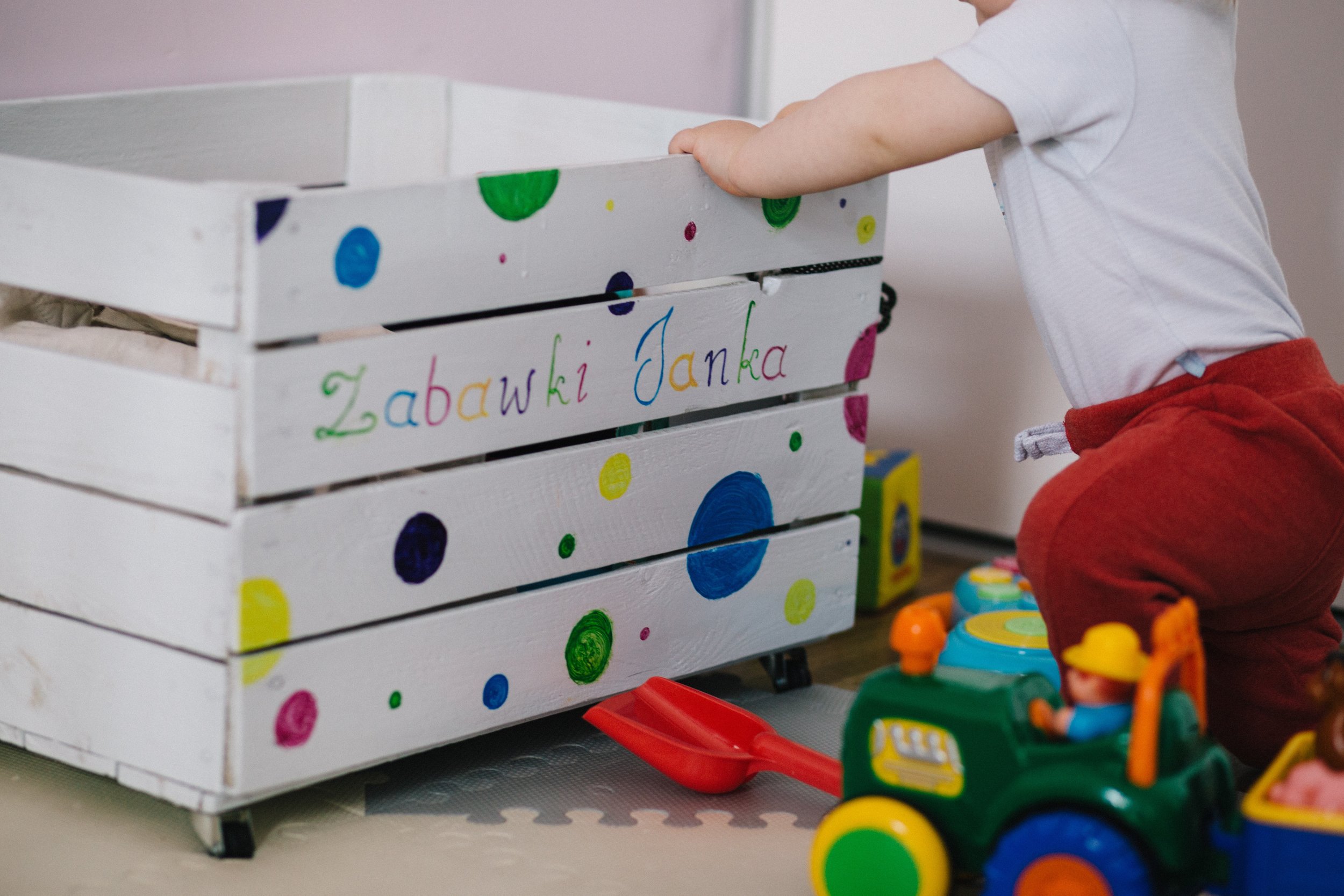






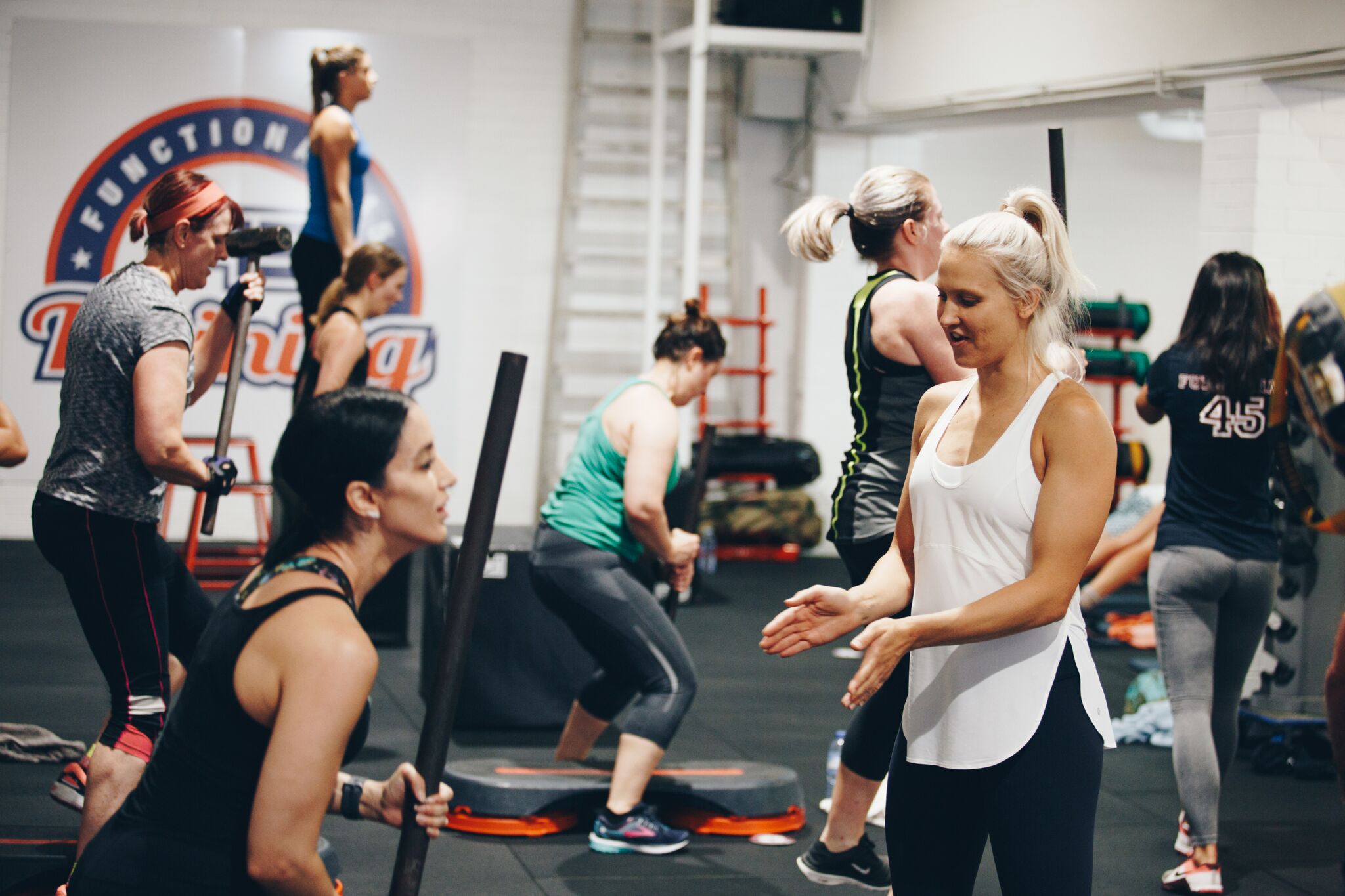






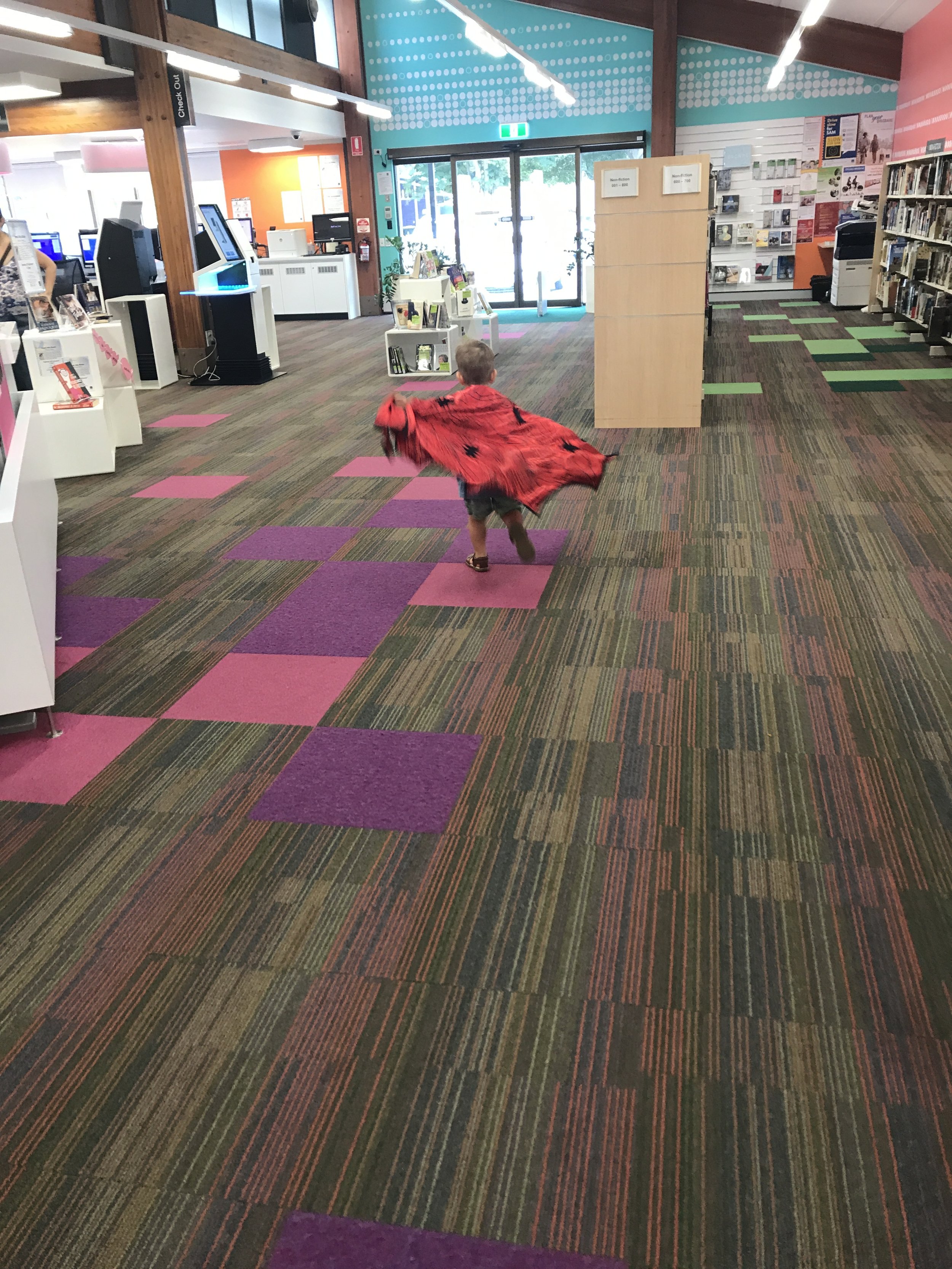







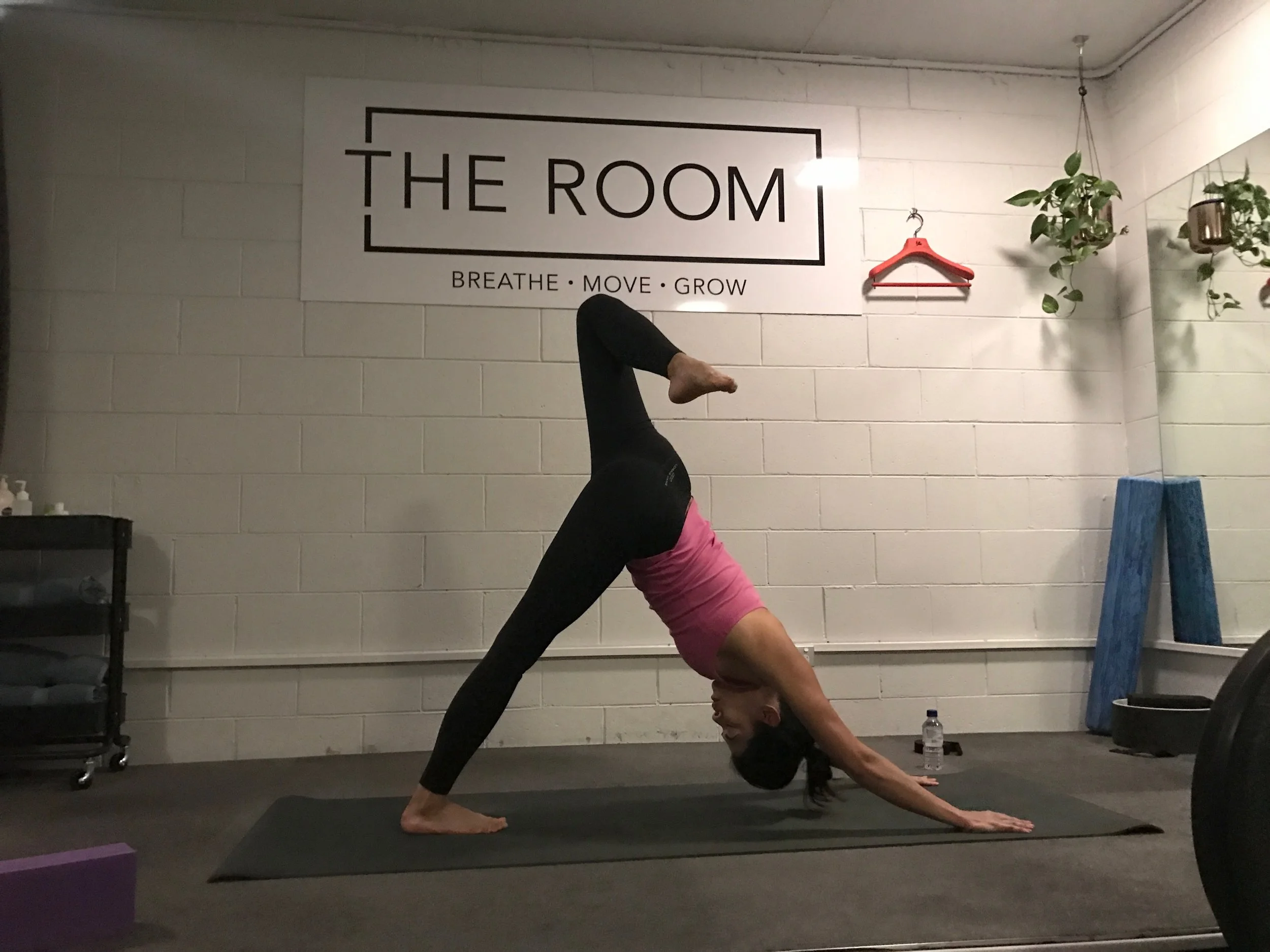


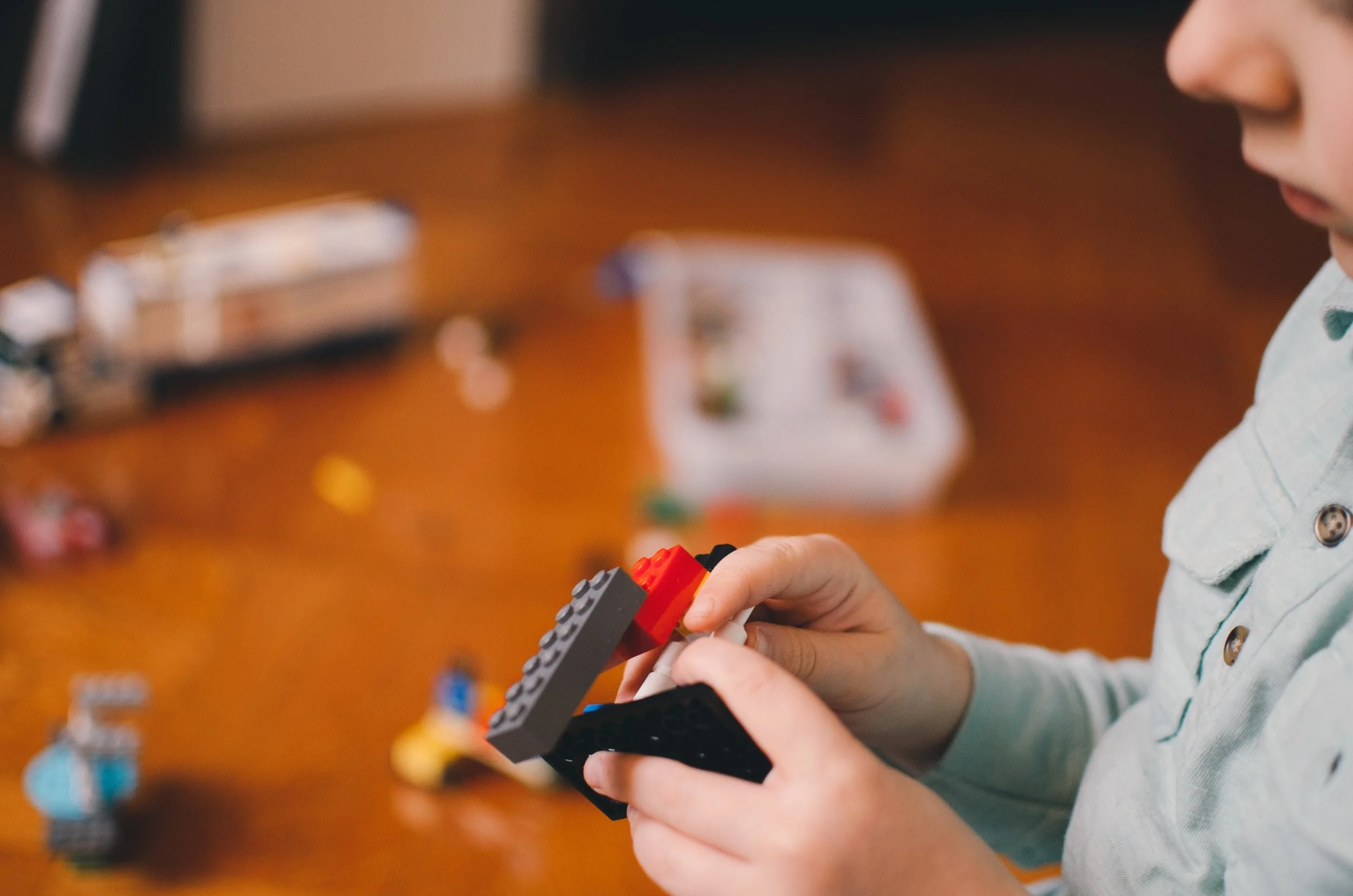


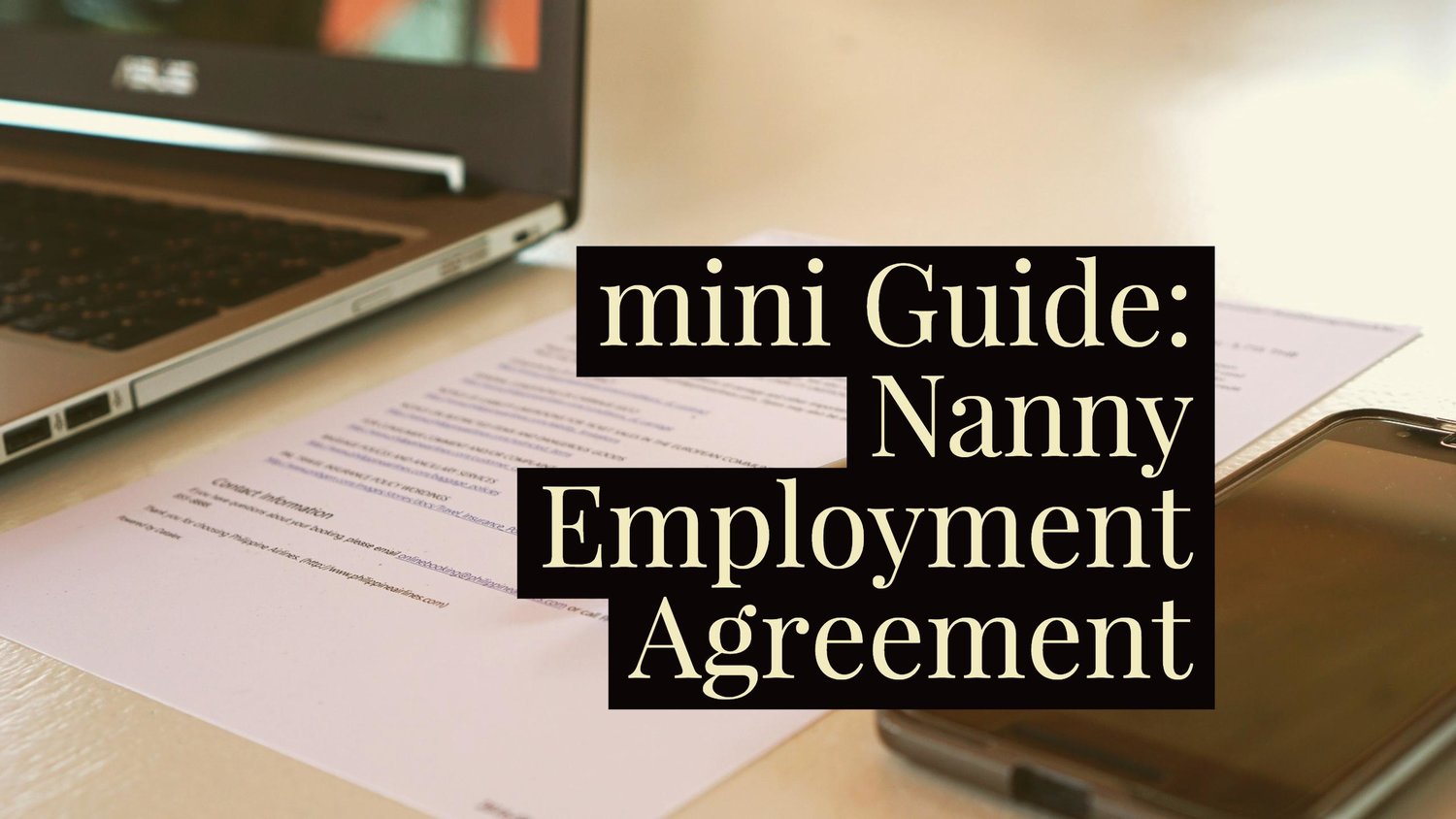










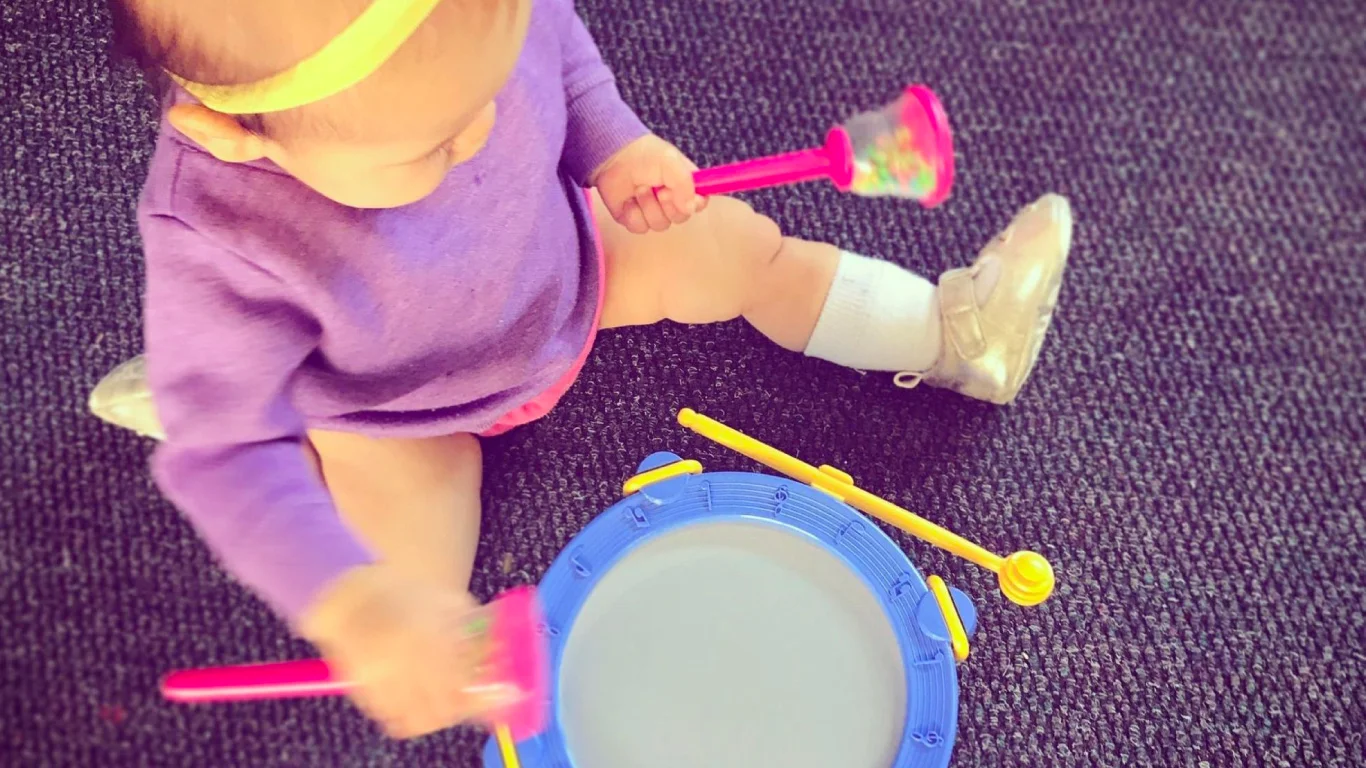




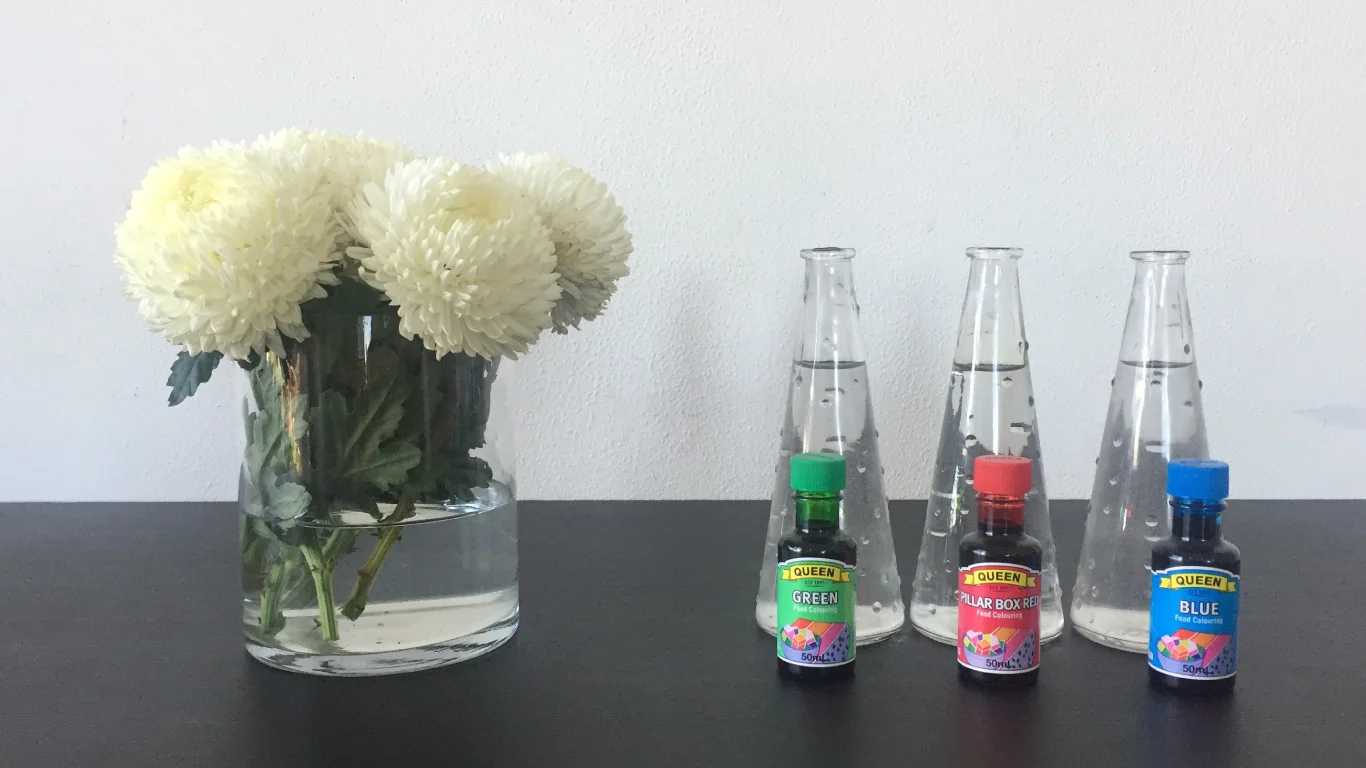

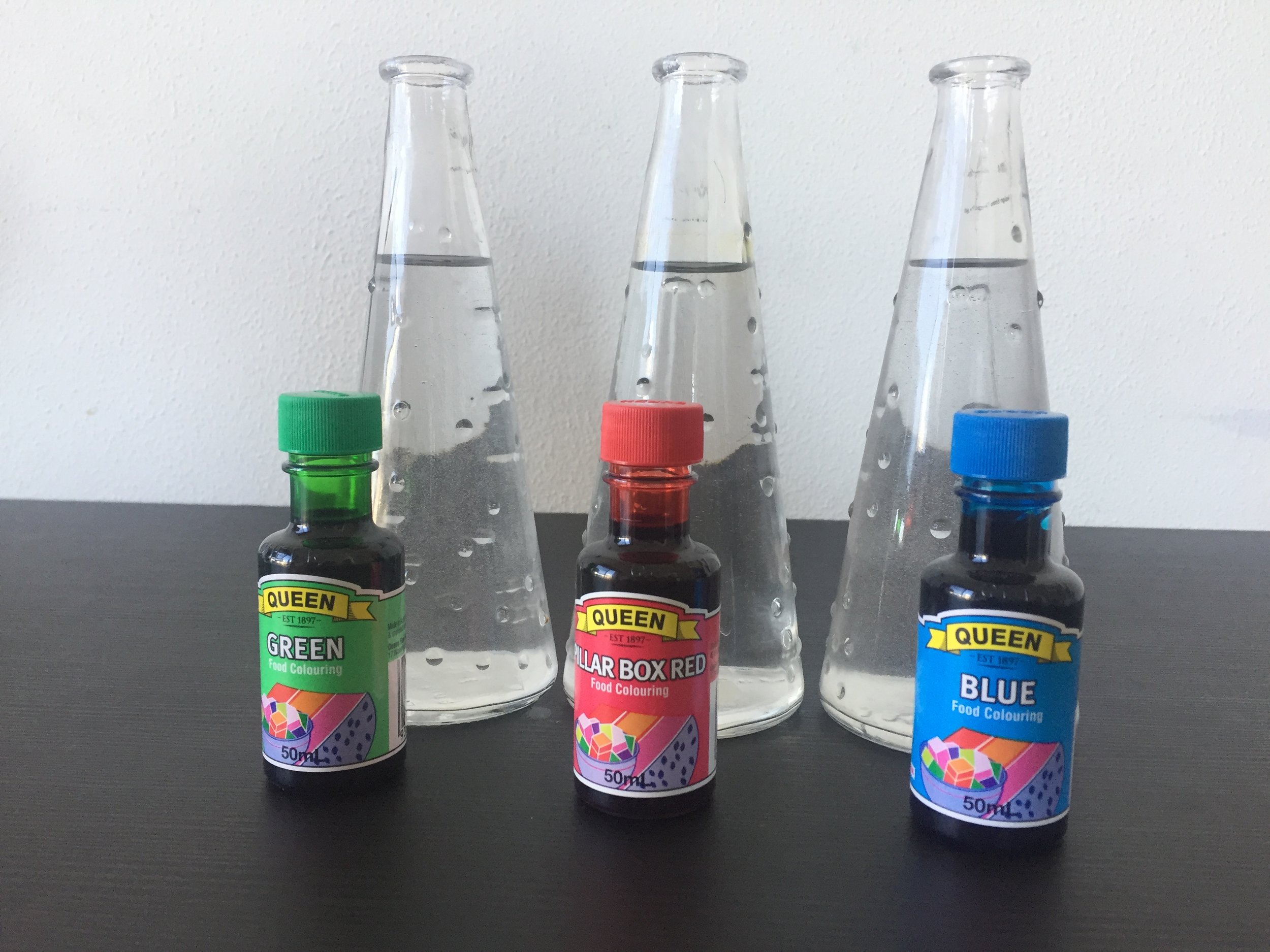

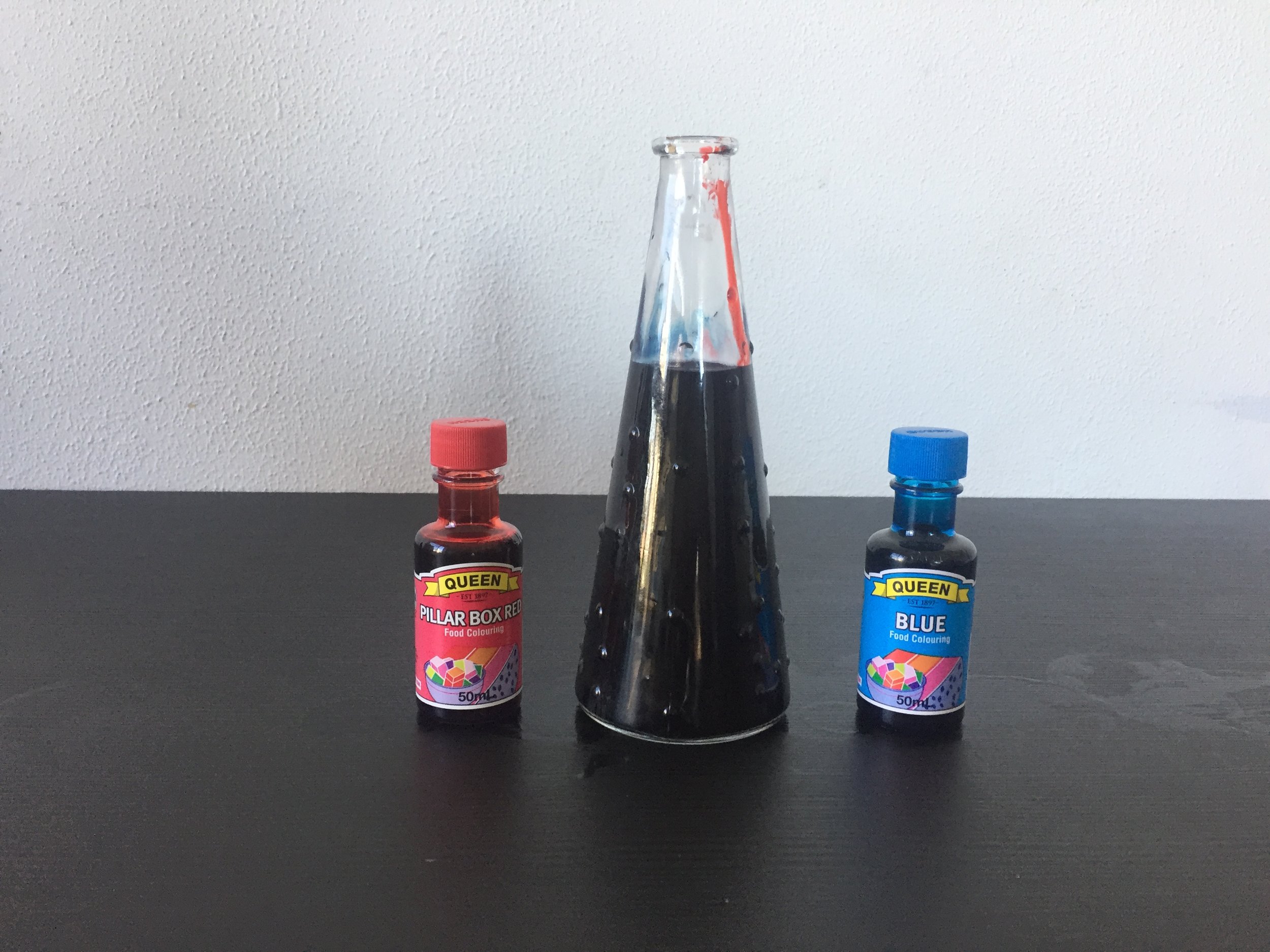

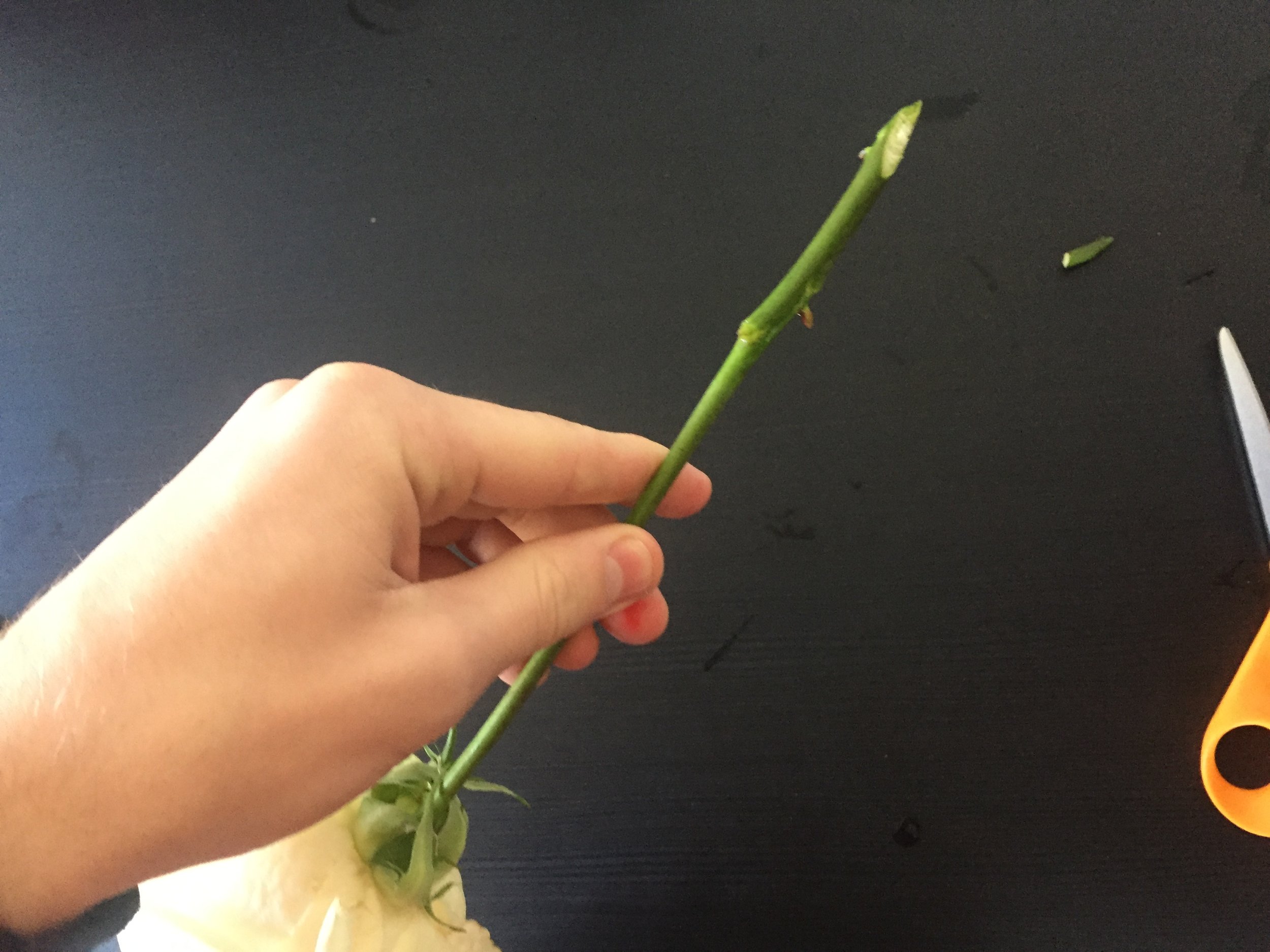
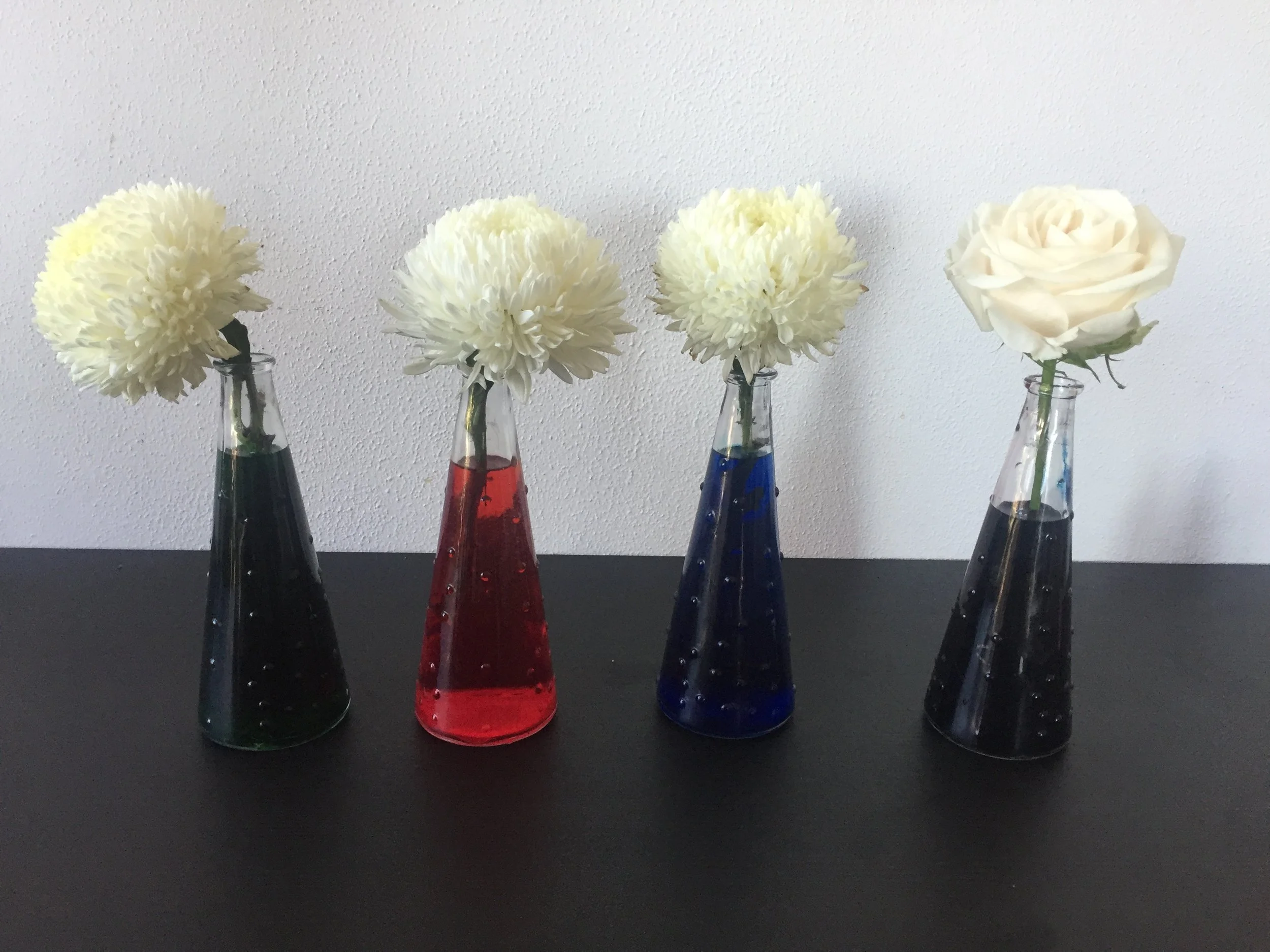
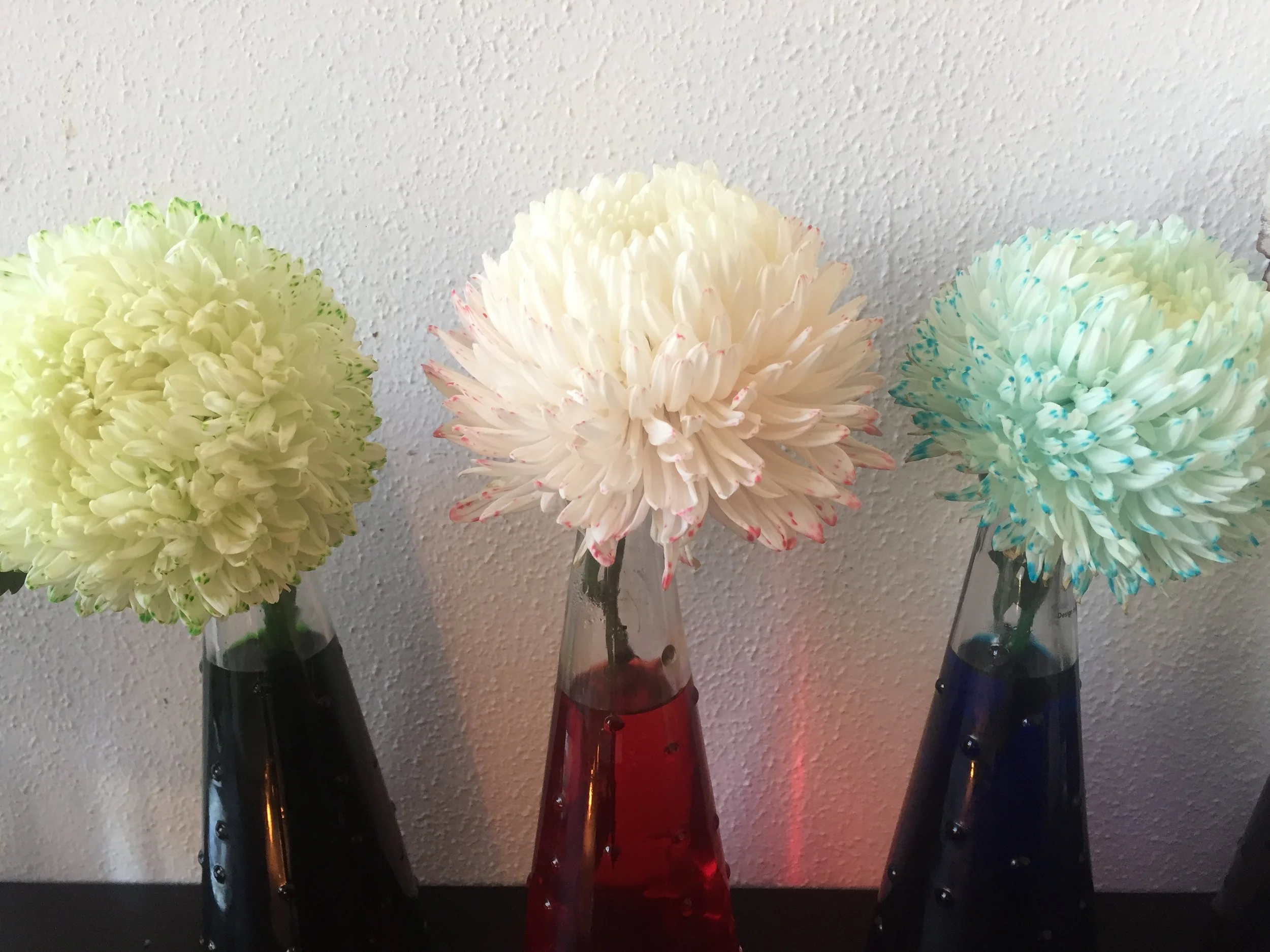





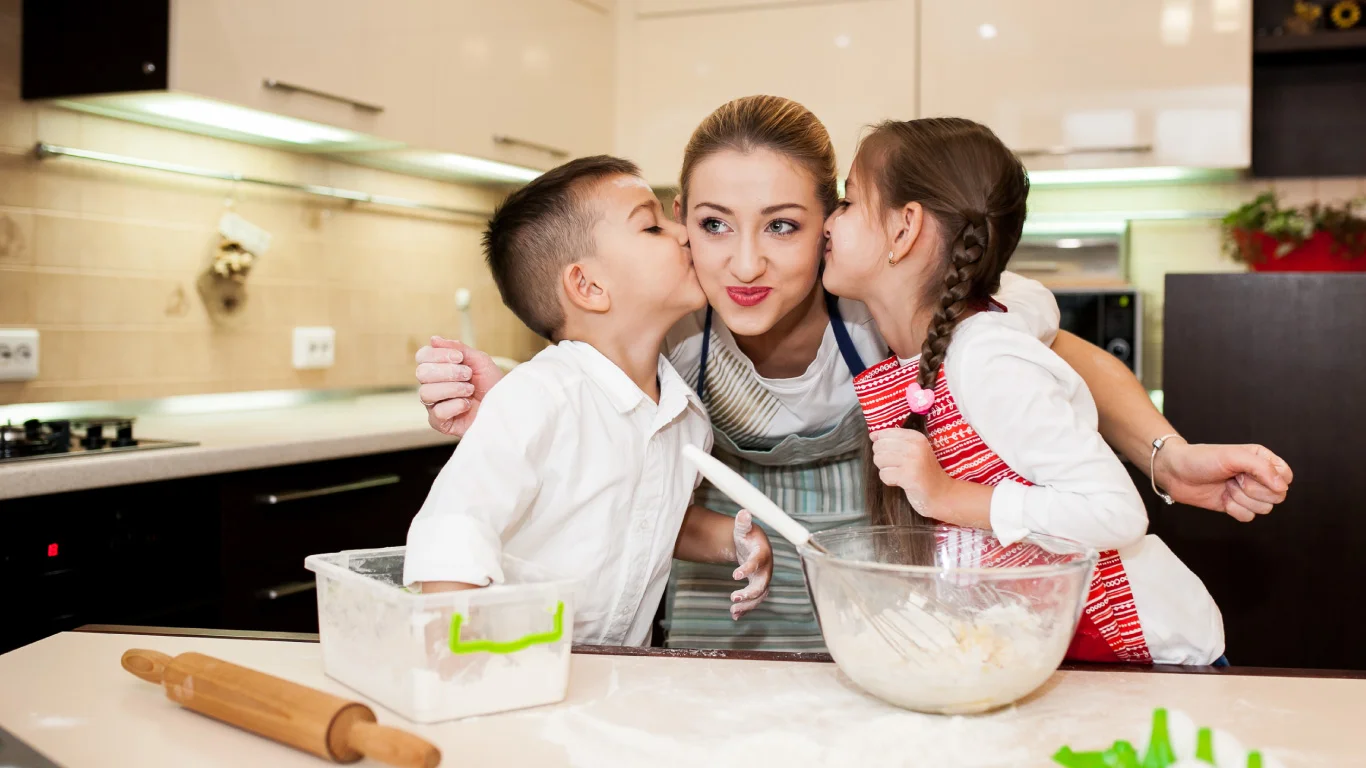

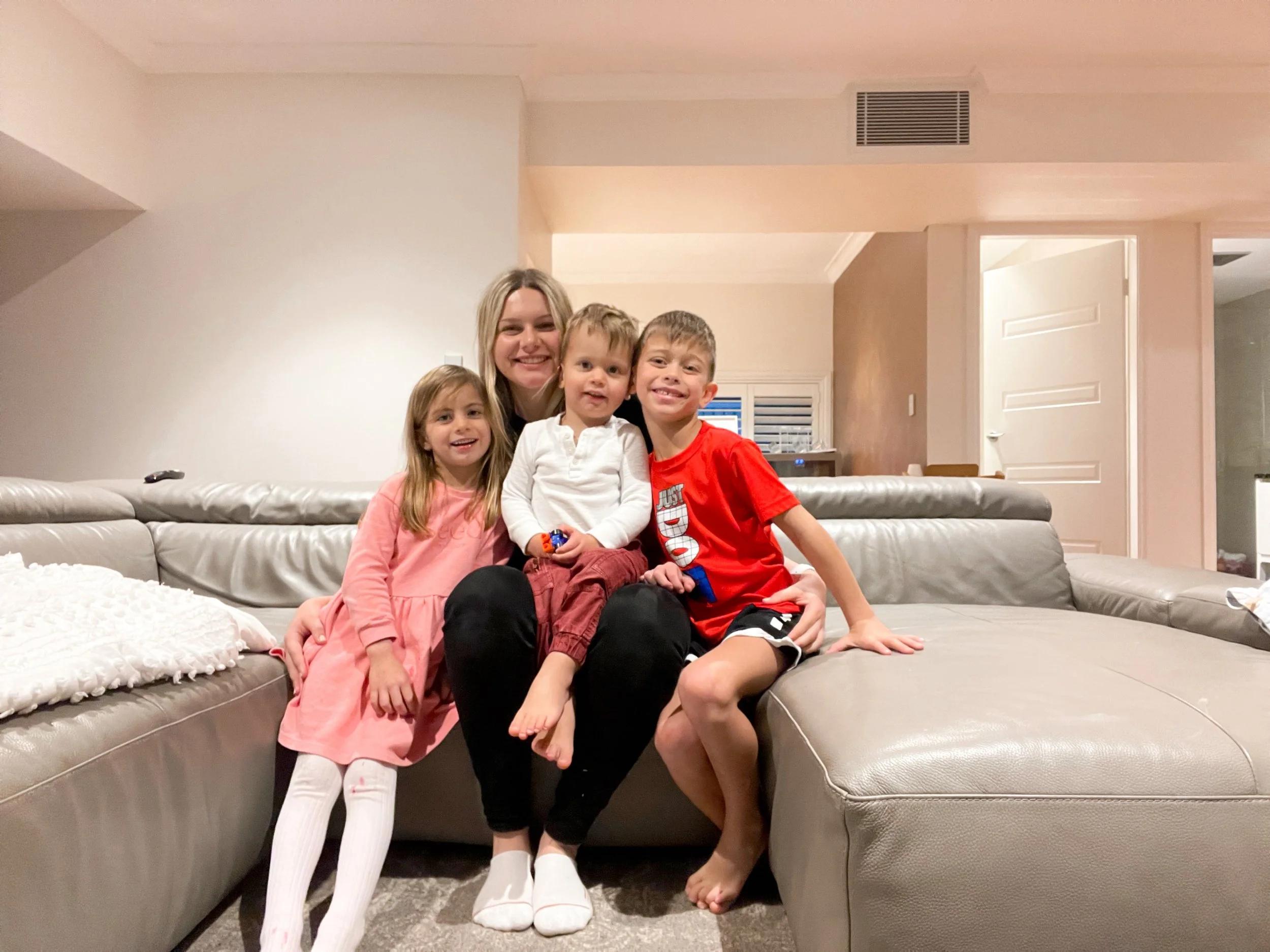



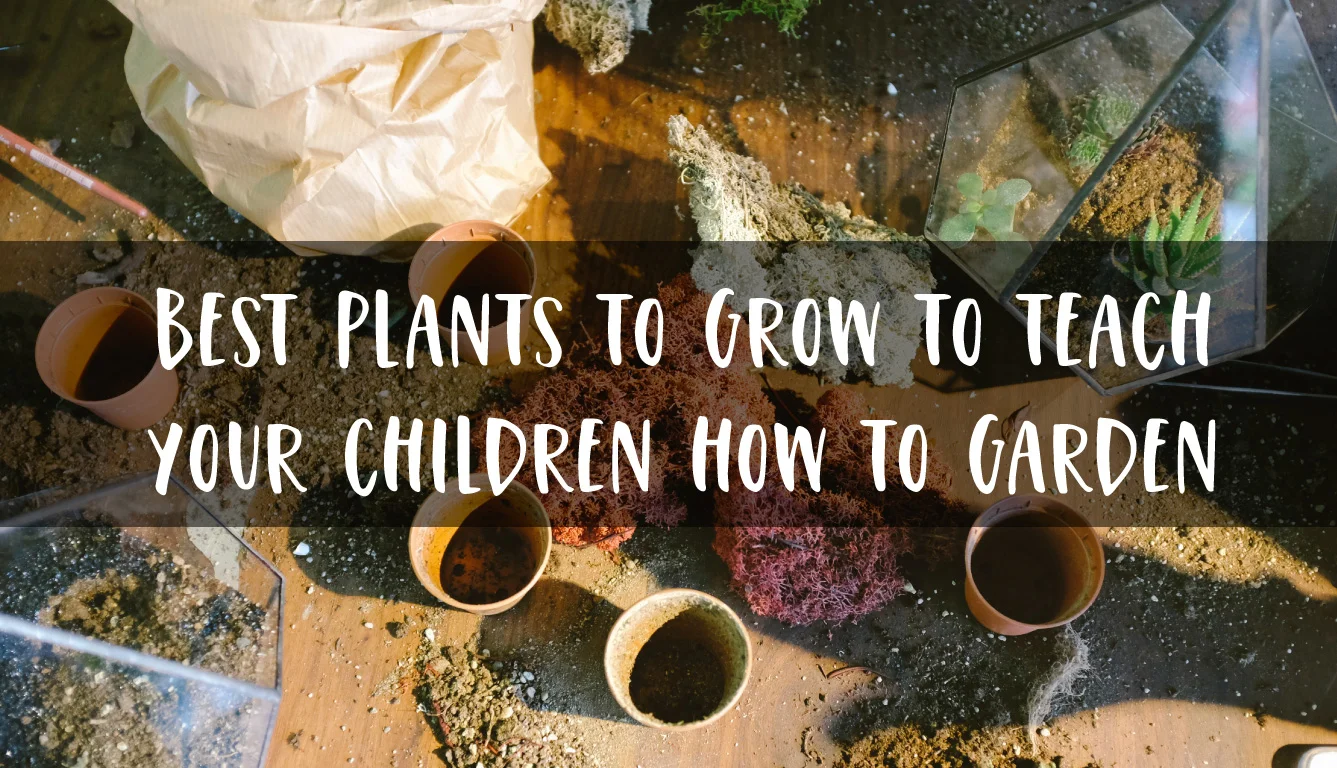





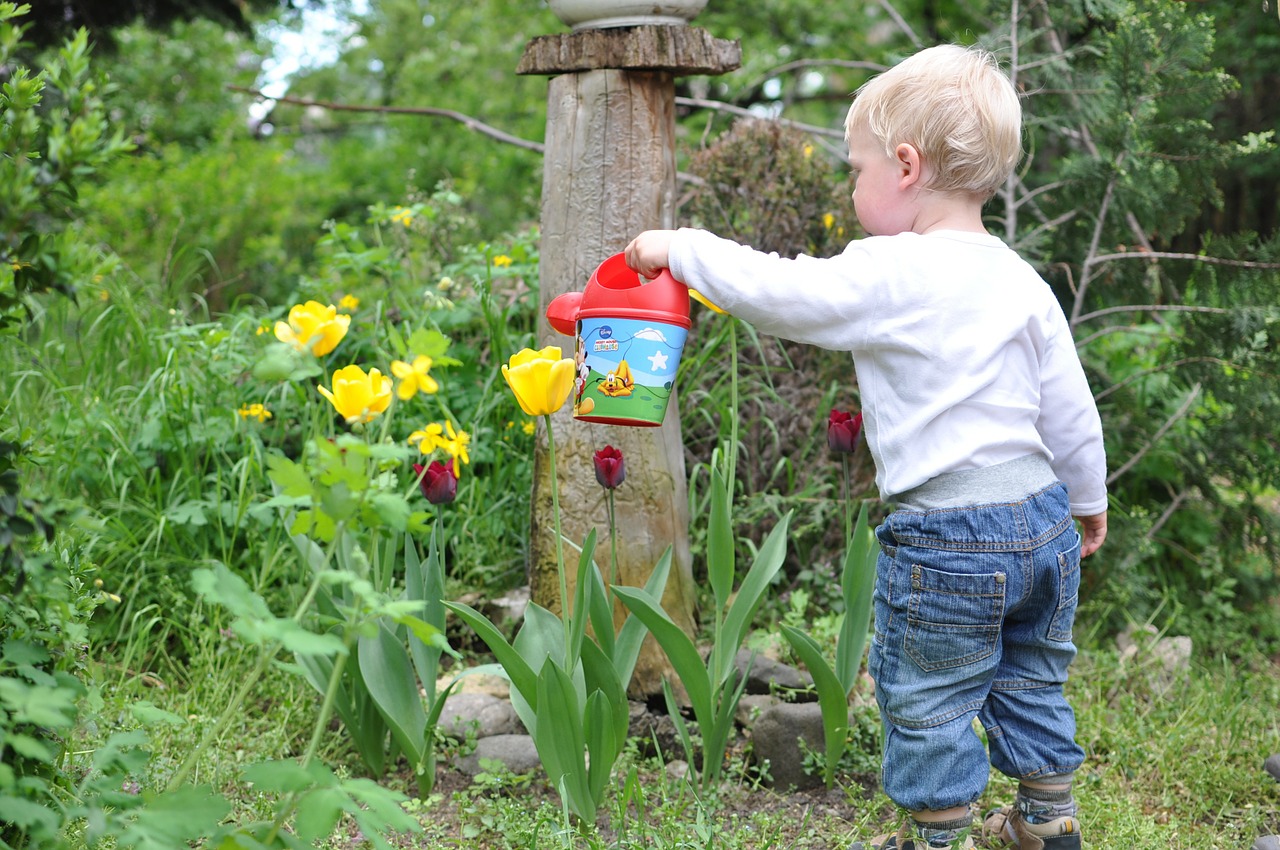

















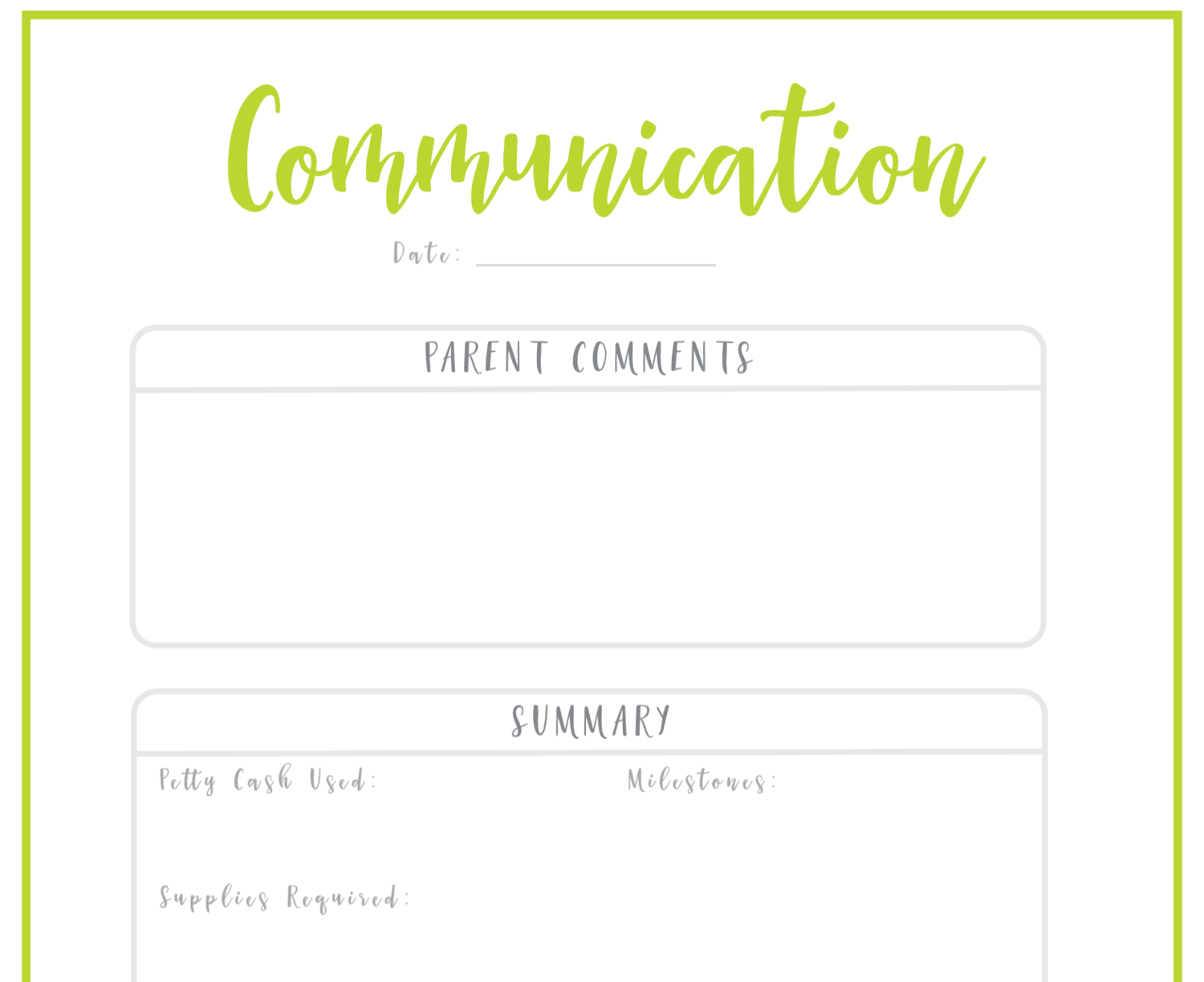







Get to know the best nanny recruiter in Brisbane, Michelle Moloney in this interview.